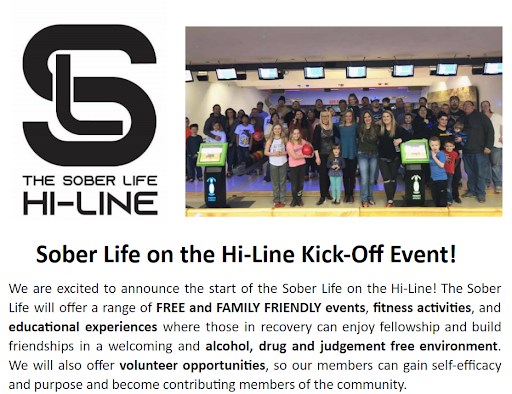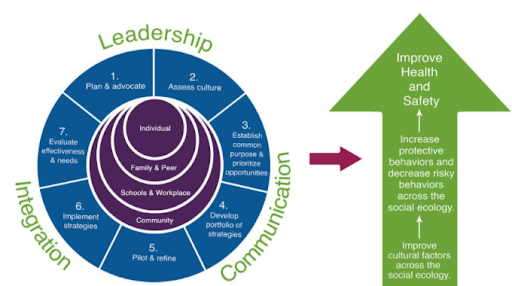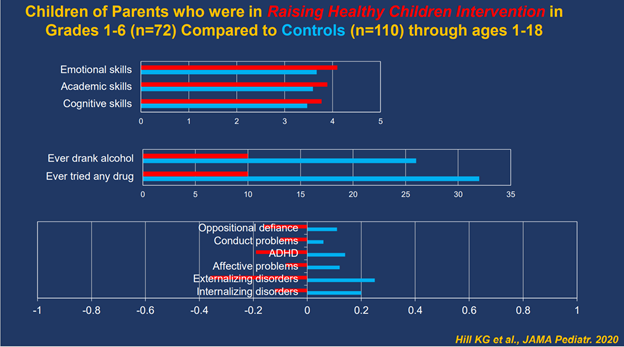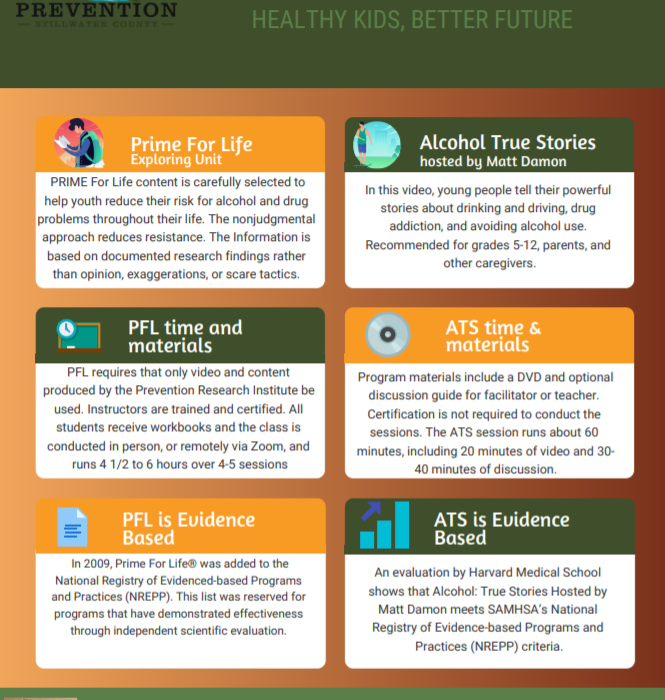Sober Life Hi-Line Kickoff
Mary Miller, Toole County Prevention Specialists attended the Regional Meeting in Havre for the North Central District. At that meeting, Thomas Rasburg, Alliance for Youth, Director of the Sober Life Group gave a presentation on his group out of Great Falls, Montana. This lit a fire under Mary, who thought it would be a good …
Top Five Takeaways from the Positive Culture Framework Training
By: Matt Erdel, Blaine County PFS This month Prevention Specialists throughout the state of Montana had the chance to learn about the Positive Culture Framework (PCF). The PCF is an approach developed by the Center for Health and Safety Culture at Montana State University to help cultivate health and safety in organizations and communities. The …
Read More “Top Five Takeaways from the Positive Culture Framework Training”
Top 5 Take-Aways from the Annual HIDTA Prevention Summit
On October 8, the Office of National Drug Control Policy’s (ONDCP) National High Intensity Drug Trafficking Area (HIDTA) Program Office (NHPO) and A Division for Advancing Prevention and Treatment (ADAPT) sponsored the Annual Prevention Summit, titled Advancing Substance Use Prevention in HIDTA Communities: Standards, Strategies, and Support. This summit gave Yellowstone County’s coalition, Substance Abuse …
Read More “Top 5 Take-Aways from the Annual HIDTA Prevention Summit”
THERE ARE RISKS TO MARIJUANA USE
THERE ARE RISKS TO MARIJUANA USE Dr. Gary Mihelish Scientific research in the Scandinavian Countries, later replicated in the United States found that 10% of young people who use marijuana are genetically predetermined to develop psychotic illnesses such as schizophrenia. The problem is that we have not learned how to detect that 10%. Schizophrenia is …
Working With School Resource Officers/Law Enforcement
By Mary Cameron, PS Carbon & Stillwater Counties As I was thinking ahead to Red Ribbon Week, it occurred to me that I won’t be able to enter most of the schools in Carbon or Stillwater County because of the COVID-19 restrictions in place at each school. I felt I needed to identify a partner …
Read More “Working With School Resource Officers/Law Enforcement”
Pivoting in Prevention- How to Rethink Engaging Schools and Your Community
By Sara Mahoney, SC RTAL Working in Prevention during a pandemic has proved to be challenging for all of us. For those of us who have worked in prevention awhile, in the spring of this year, we all had to “pivot” and learn how to engage youth, community, and schools differently. For those of you …
Read More “Pivoting in Prevention- How to Rethink Engaging Schools and Your Community”
Kids and Legalization: Our Kids Deserve Better
The Board of Directors of Youth Connections is committed to the health and safety of our kids by supporting environments where they can thrive. This includes preventing additional access to substances that are dangerous and detrimental to developing brains. Research shows that youth who regularly use marijuana, permanently lose up to eight IQ points. Research …








